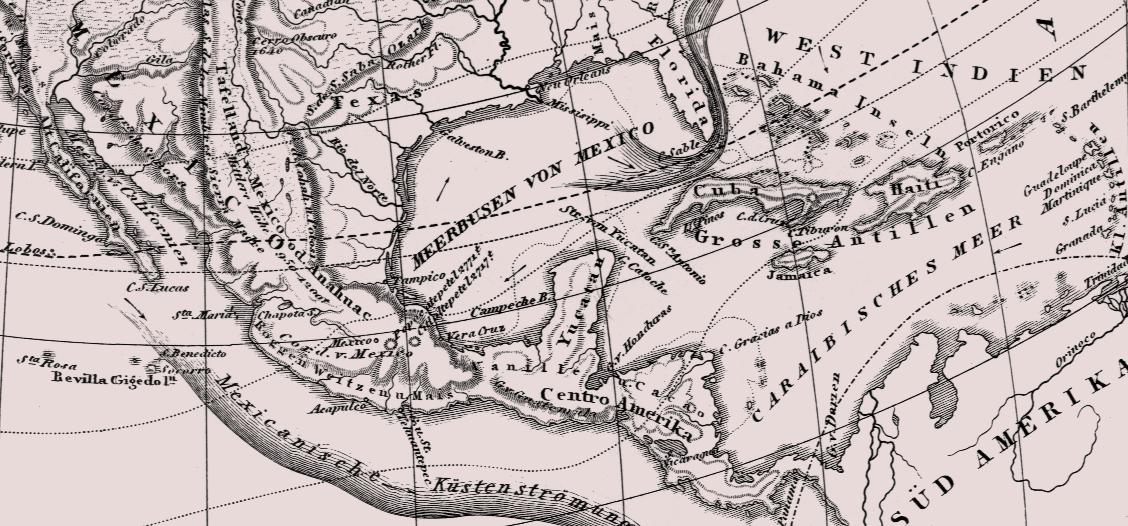
4 minute read
WORKSHOP ON INTELLECTUAL PROPERTY CLEARINGHOUSE MECHANISMS FOR AGRICULTURE
On February 16, 2001, U.C. Berkeley’s Center for Sustainable Resource Development (CSRD) and the Office of Technology Transfer of the U.C. Office of the President hosted an all-day workshop, Intellectual Property Clearinghouse Mechanisms for Agriculture, at the Bancroft Hotel in Berkeley.
David Zilberman, co-director of CSRD and professor in Agricultural and Resource Economics, explained that the conference was organized because the current situation in the agricultural biotechnology industry is ripe for a discussion of mechanisms to reduce transaction costs and remove excessive barriers to using proprietary technologies. The general goal of the workshop was to discover and to share in a public forum the possibilities for cooperation, exchange of knowledge, and transfer of agricultural technologies with potential to benefit all humankind.
Advertisement
Over 90 participants from a variety of universities, companies, and U.S. government agencies attended, representing the United States, Europe, Australia, and Costa Rica. The meeting was supported by grants from the Giannini Foundation, the Farm Foundation, the Rockefeller Foundation and the U.C. Division of Agriculture and Natural Resources.
The workshop revealed that there is wide consensus and potential for cooperation in several directions, namely:
• Improve information exchange about existing technologies and intellectual property claims over those technologies by providing a patent “dating service.”
• Reduce IPR-induced transaction costs by standardizing processes to obtain licenses or other forms of access to agricultural technologies.
• Give urgent attention to sharing intellectual property rights and improved access to biotechnologies targeted toward alleviating hunger and malnutrition in developing countries, and reducing environmental problems associated with pesticide use and groundwater contamination.
• Develop mechanisms to facilitate development and commercialization of new technologies for the improvement and production of specialty crops.
• Implement criteria for ownership of intellectual property rights based on their impact on the overall performance of agricultural and food systems, rather than on narrower impacts on individual parties or interest groups in the system–farmers, inventors, or companies.
CSRD will be working with a small group of conference participants and funders in the next few months to develop the next steps for creating an effective intellectual property clearinghouse mechanism for agricultural biotechnology innovations and product development.
—Robin Marsh
Are Team To Evaluate Impact Of State Beverage Recycling Act
Department of Agricultural & Resource Economics (ARE) Professors Peter Berck and Jeff LaFrance and Cooperative Extension Specialist George Goldman are collaborating on a study of the California Beverage Recycling Act, which requires the beverage distributor and then the retailer to pay 2.5 cents for each under-24-oz.container and 5 cents for each 24 oz.-orover container, for every CRV beverage container sold in the state. The study, mandated by the state legislature last year, will evaluate alternatives to the beverage recycling system, including straight deposit and refund systems, such as Oregon’s program. The team will be looking at possible changes in the current law.
“California has an unusual recycling law. In other states, you take your bottles back to the store to get your money back. Here there is a very complicated flow of funds and materials, and both processors and recyclers have to pay a fee. The Department of Conservation uses the surplus to fund recycling education, including our study,” said Goldman.
“We will collect data on the purchase of beverages by container, and the recycling rates by container. Then we are going to estimate the consumer’s choice of three disposal methods as a function of their income, the deposit and other factors,” explained Berck.
Five graduate students and one postdoctoral student will be joining the three researchers in evaluating the benefits and cost impact of the Recycling Act on curbside recycling in the state, as well as at recycling centers and supermarket sites. The final report is due by January 1, 2002.
SPRING LECTURES IN THE DEPARTMENT OF PLANT & MICROBIAL BIOLOGY

The Department of Plant & Microbial Biology sponsored three special lectures this spring as part of its annual Departmental Seminar Series.
The department held the Second Annual Daniel I. Arnon Lecture on March 5, with speaker George Lorimer, distinguished professor in the Department of Chemistry and Biochemistry at the University of Maryland. Lorimer described his work with chaperonins, a group of proteins that help other proteins fold in the correct manner after they are synthesized or become disturbed by a stressful event. In addition to his recent work, Lorimer is widely recognized for his contributions to photosynthesis research.
On April 9, Peter Schürmann, professor at the University of Neuchâtel, was selected by postdoctoral scholars as the first Bob B. Buchanan Lecturer. His topic, From Observations to Molecular Structures: the Emergence of the Ferredoxin/Thioredoxin System, stemmed from research on the regulation of photosynthesis that he carried out with Buchanan in Berkeley in the 1960s and early 70s. Both continued to work on the problem for several decades. Schürmann described his recent work on the structures of the protein members of this system, which functions universally in the regulation of photosynthesis by plants.
On April 30, Christine Foyer, head of the Biochemistry and Physiology Department at IACR-Rothamsted, U.K., inaugurated the Harry Tsujimoto Lecture, which is organized by graduate students in the department. In her lecture, Peroxide Processing in Plant Cells: Antioxidant Coupling and Redox Signaling, Foyer described her research on how peroxide, derived from oxygen, is processed by plants, with special reference to its role in regulatory processes. Foyer, who leads a multidisciplinary research group, has edited several books and serves on the editorial boards of a number of scientific journals.
The Buchanan and Tsujimoto lectures are supported by a recent gift from K/T Foundation of San Francisco. The Buchanan Lecture honors Bob B. Buchanan, a long-term faculty member at Berkeley. The Tsujimoto Lecture is named for Harry Tsujimoto, a research collaborator of the late Professor Daniel I. Arnon.









